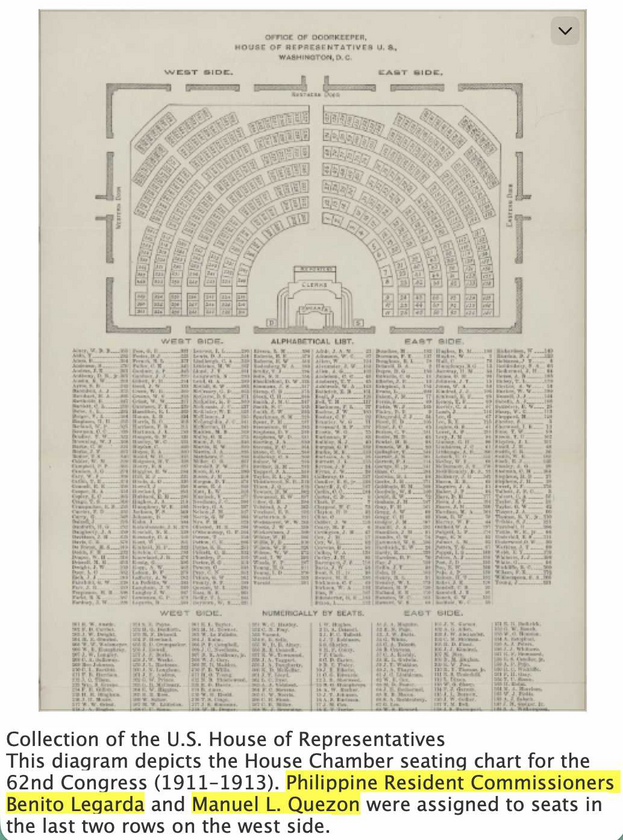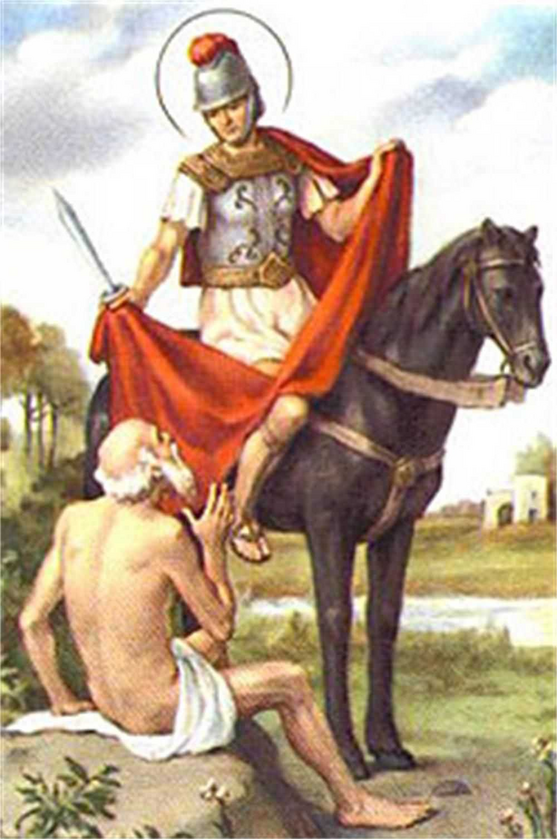The fear of COVID revealed that the Church in America has not taught enough about the afterlife. But, it's not too late (if you're reaching this now) to know the truth.
Welcome to Politics by Faith. Thanks for being here. Part two of yesterday's episode about how COVID revealed that people are terrified of dying. It's a five-year anniversary. You missed yesterday.
It's a five-year anniversary of COVID, the COVID lockdowns. So we talked about 13 lessons from COVID. And the 13th most important one, I think, is that people are terrified of dying in our culture and the church has done a poor job in our atheist culture of talking about the afterlife and of instilling in people this perspective that Paul had. Paul said, to me, to live is Christ and to die is gain. If I'm gonna go on living in
the body, this will mean fruitful labor for me. Yet what shall I choose? I do not know. I'm torn between the two. I desire to depart. The word desire, there's like this deep yearning. I desire to depart. Why? To be with Christ, which is better by far. But it's more necessary for you that I remain in the body. Do Christians today have this mentality that it's way better
to be in heaven? And the church, I think, has done a poor job in our atheist culture of helping people understand that we are not a body that happens to have a soul. We are a soul that happens to, at this moment, have a body. But really, the atheist culture today says that we don't even have souls. We're just bodies. We're just a body that's the product of random evolution and chemicals in our brain that
give us the illusion of consciousness. And if that's true, then there is no afterlife and Kovat revealed that that's what a majority of people think and there's my last criticism of the church is that I think the church generally does not speak enough to that to the afterlife and well now's a good chance you're either going to heaven or hell. Oh, Slater, don't impose your beliefs on me.
Okay. You can ignore it, I guess. Edward Reynolds, he was a Puritan preacher in the 1600s. He said, oh, brother, your opinion about forever can have no manner of effect upon the reality of that forever. That's such a good line. That's like a facts don't care about your feelings kind of thing, right?
Your opinion about eternity, okay, you can have it. I won't impose mine on you, but your opinion doesn't affect what is true. A party of boatmen on the Niagara River can have a very strong opinion when they are caught up by rapids, that it's a very pleasant rowing, but neither their shouts nor their merriment will alter the fact that the world's cataract is close at hand." The word cataract, I'd think of the eye. So I go to the Webster's 1828 original dictionary, the only dictionary you should use, and the very
first definition is, "...a great fall of water over a precipice as that of the Niagara, or Rhine, Danube, or Nile. It is a cascade upon a great scale. I love this analogy. You're rowing down the river, you're having a great time, oh, we've got some rapids, it's fun, we're having a blast, lots of shouts of merriment, we're having a grand old time.
That does not change the fact that you are going to fall over the edge of it soon and die. I said, oh, you're talking about death. It's a big downer. Okay, but that's my point. You can ignore it, but it will happen.
Now, where are you going to go when it happens? Because it will. I thought it was my favorite scripture. The scripture that convicts me the most always is Luke 16. The story starts in Luke 16, 19. Such a powerful moment.
The rich man and Lazarus. So convicting, please go read it. Luke 16, 19, read it today, right now. But I wanna do this instead of reading that. I got this handy little booklet here of Puritan quotes on many different topics.
It's called a Puritan Golden Treasury. And just open up to the heaven section here. And why the Puritans? They were the founding grandfathers of America. We talk a lot about our founding fathers, but they came out of something.
It's the founding grandfathers who established this culture that then gave rise to our founding fathers. Our founding fathers were raised in this culture established by the Puritans. What was the story the other day? Oh yeah, we played the clip of the guy and the gal talking.
The woman's like, well of course we were Western European, founded as a Western European nation with Christian virtue, or Christian values. And the guy's like, oh, that's much better. It's like, well, these are the guys. We weren't founded by Chinese explorers with Muslim values. It was Western European with these specific values, specifically the Puritans.
So Richard Baxter, about heaven. He said there's a great deal of difference between the desires of heaven in a sanctified man and an unsanctified. The believer prizes it, prizes heaven above earth, and it'd rather be with God than here. But to the ungodly nothing seems more desirable than this world. That was in the year 1600, 400 years later and it's the same thing. And he goes on to say like you made your choice. You think you didn't make a choice, you think you ignored it, but by ignoring it or not making a choice you made a choice. Your
choice is hell. There's no other way. Does your church talk about hell? We don't. Churches don't because it's mean or something. It's unpleasant to think about. It sure is. And some people will say, oh, I don't want to scare people into becoming a Christian. Why not? At least that's part of the story.
It's a major part of the story. Heaven is described as a hill. Hell is a hole. But if only it were a hole. William Gurnall describes it like this. He says, all the world's rivers flow into a single body of water that we call an ocean.
Similarly, all the miseries of the world, all the wretchedness, the wickedness, the sickness, pain, poverty, everything awful in our world all flows into one place. We call it hell. Thomas Brooks said, The wicked in hell, the wicked shall be always dying, but never dead. The smoke of the furnace ascends forever and ever. O who can endure thus to be ever upon the rack?
The rack, a torture device. This word forever breaks the heart. Wicked men do now think the Sabbath is long, and think a prayer long. But O how long will it be to lie in hell forever and ever. Think about that. People complain, Oh this church service is so long.
It's like an hour. I guess I'd rather sleep in. Okay, do you think an hour of church is long? How long is hell forever and ever? The torments of hell abide forever. If all the earth and sea were sand, and every thousandth year a little bird should come
and take away one grain of this sand, it would be a long time before that vast heap of sand were emptied. If the whole earth, if everything was sand, in a thousand years, a little birdie comes along, takes away a little piece of sand, every thousand years, it would be a long time before that sand's gone. Yet if after all that time the damned may come out of hell, there would be some hope. But this word forever breaks the heart.
So there's not even that amount of hope. Imagine if you're in hell and there's no hope of ever getting out, of it ever ending, it's forever. And someone came along and said, hey man, listen, imagine this, you're gonna get out. And you get excited, you're gonna get out of here one day. So just imagine, how long, how long is it gonna be?
Well, imagine the whole world full of sand and every thousand years, a bird comes and takes one grain of sand. So eventually, when that's done, when there's no more sand on the earth, then you'll be free.
You can't even give you that little bit of hope. There's not even that. Never ends. John Bunyan, the Pilgrim's Progress writer, he was once asked a question about heaven, and he didn't know the answer because it wasn't revealed in the Scriptures. His response to the person who asked the question was to live a holy life so you can go see for yourself.
I share all this as an inspiration for further study this weekend. Further study in the Bible, further study from the great thinkers of the past as to what heaven is and what hell is and how we can go to one and not the other. And to not live in fear of the afterlife, but to get to the point where it becomes a place where we're like Paul, we can't wait to go. We run the race all the way to the end and we keep the faith all the way to the end. And we're not like the runners who train for a perishable wreath, a perishable prize.
We are Christians who win an imperishable reward forever and ever to be glorious when you hear forever and ever relief for what a what a joy...













